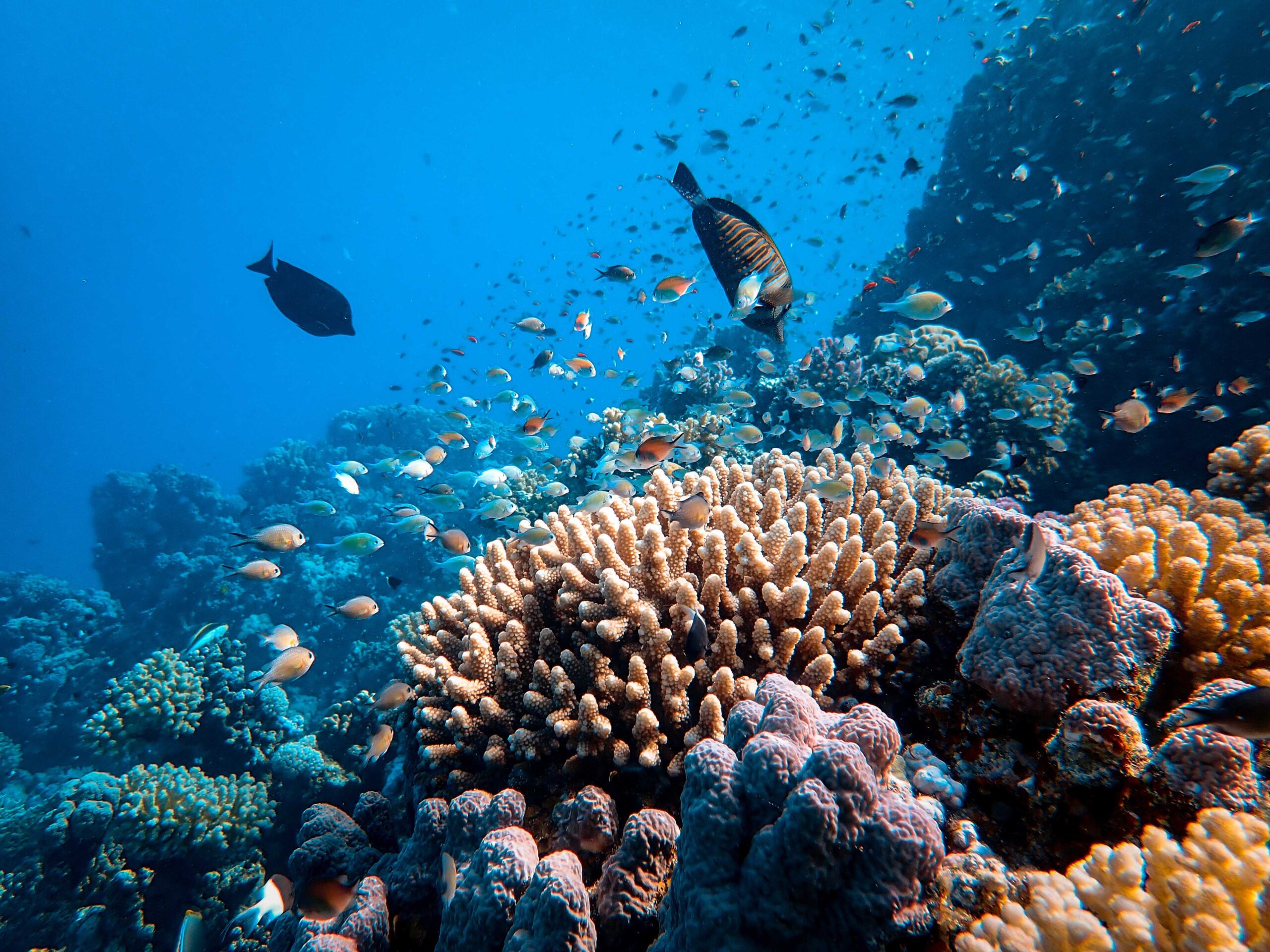The Earth’s climate is rapidly changing, and the consequences are becoming increasingly evident. Rising temperatures, extreme weather events, and melting ice caps are just a few of the alarming signs. Addressing Climate Change is a complex global challenge. However, there’s a powerful ally that is often overlooked: the ocean.
There are many ways in which the ocean naturally helps reverse climate change. There are also actions we can take to leverage its potential to mitigate the impacts of global warming.
One of the ocean’s critical functions is its ability to absorb vast amounts of carbon dioxide (CO2) from the atmosphere; oceans are Earth’s largest carbon sink. They are also responsible for storing over 90% of the excess heat generated by human activities. Phytoplankton, the microscopic marine plants that inhabit the ocean’s surface, also play a vital role in carbon sequestration. Through photosynthesis, they absorb CO2, which eventually sinks to the ocean floor as they die and decay, trapping carbon for centuries.
Adopting sustainable ocean farming practices and responsible aquaculture can also help address Climate Change and protect marine ecosystems. Seaweed farming, for instance, can absorb significant amounts of CO2. Sustainable aquaculture practices can reduce overfishing and habitat destruction, helping maintain the ocean’s biodiversity while providing a source of protein for the growing population.
Preserving the health of the ocean is essential to maintain its climate-regulating functions. Implementing marine protected areas and reducing pollution are vital steps toward achieving this goal.
It is widely known that coral reefs are under threat from warming seas. Their protection is essential because of the immense biodiversity they house. They serve as natural barriers against storm surges. Though coral reefs are the most commonly known marine ecosystem, they are certainly not the only ones in danger.

Another marine ecosystem that is severely under threat, even though most people are not aware of it, is oyster reefs. As we explained in previous articles, oysters are keystone species that support hundreds of marine species. Besides their amazing water filtration and nitrogen management capabilities that we often mention, they also play an important role in trapping carbon, using it to build their skeletons and shells and keeping it from polluting the environment.
Restoring oyster reefs is one of the most urgent actions we need to take to leverage the potential of the ocean to reverse Climate Change. Fortunately, it’s not too late! Here you can read what we are doing to restore oyster reefs at scale.

The ocean is a powerful ally in the fight against climate change, with its ability to sequester carbon, absorb excess heat, support sustainable food production, and offer crucial ecological services. We must act urgently to protect these resources and restore marine ecosystems.
By investing in ocean conservation, we can unlock the ocean’s potential to reverse climate change and create a more sustainable future for generations to come.
It’s time to recognise that the ocean is not just a part of the solution; it’s a key to a sustainable future.